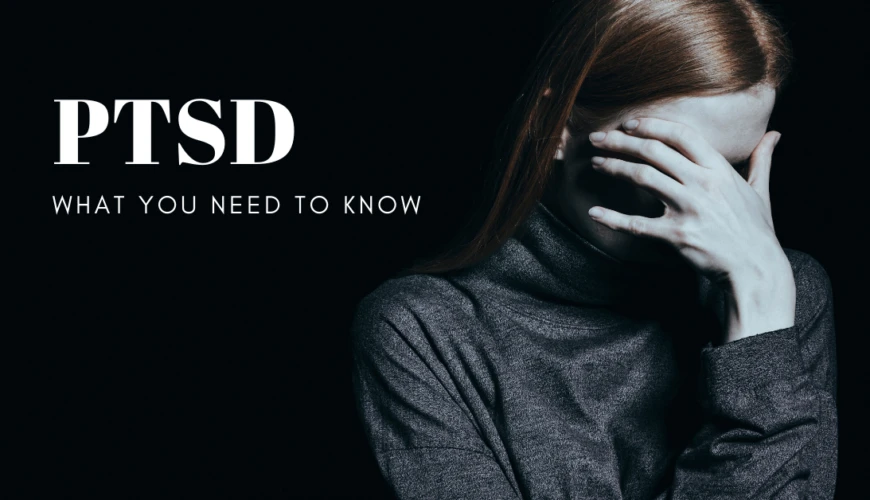Post-traumatic stress disorder (PTSD) affects more than 8 million American adults each year. PTSD is a psychiatric disorder that causes anxiety in a person following a traumatic event they experienced or witnessed. While PTSD typically affects more women than men, it can affect anyone, and it affects everyone differently.
An estimated 1 in 11 people will be diagnosed with PTSD in their lifetimes after living through various types of traumatic events. This means that it’s more than likely you know at least one person who has, or has previously had PTSD.
What Signs Should Look Out For?
PTSD manifests differently in everybody, but you can find some more common indicators below. You can also read more in depth about these common PTSD warning signs here.
- Difficulty Sleeping
- Avoidance
- Hypervigilance
- Hypersensitivity
- Mood Swings
- Memory Problems
What Can I Do To Help?
The best way to help a loved one with PTSD is to educate yourself, and listen to their needs. Allow them to tell you about their trauma on their own terms, and try not to let your own emotions about their trauma come out.
It is also appropriate to refer them to some of the many public resources for people with PTSD, including mental health counselors in your area. These organizations are nationally-based, and seek to educate and help those with PTSD:
- National Institute of Mental Health
- American Psychiatric Association
- Mayo Clinic
- S. Department of Veterans Affairs National Center for PTSD
- PTSD Foundation of America
- National Suicide Prevention Lifeline: 1-800-273-8255 (for Veterans Crisis Line, press 1)
- Substance Abuse and Mental Health Services Administration National Helpline: 1-800-662-HELP
There are also many clinical research studies for those living with PTSD to try new medications, treatments, and therapies. If you or a loved one are living with PTSD and are looking for new treatment options, consider a clinical trial. You can find out more about PTSD clinical trials in the Little Rock area here.

